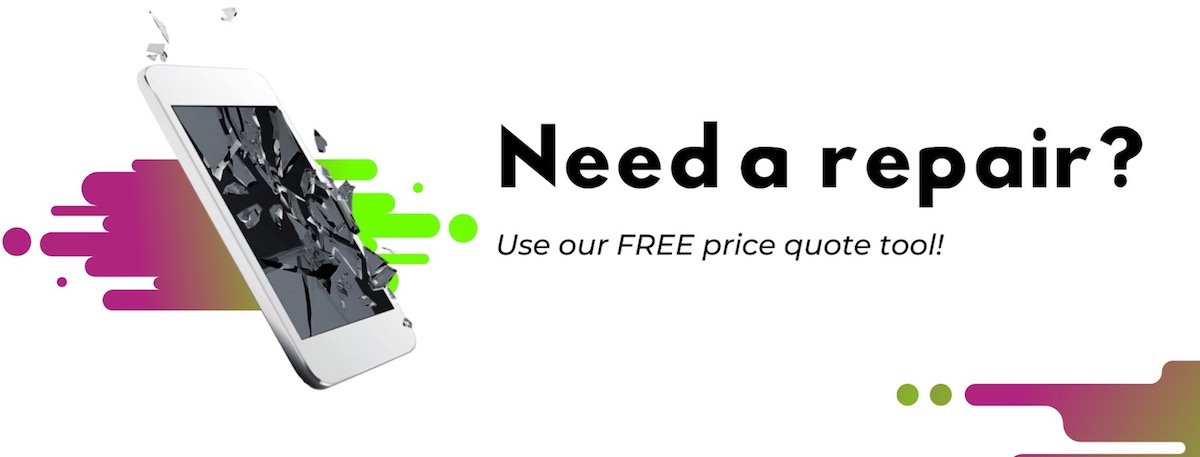Would that the great philosophers were here today to aid in the decision. Whether you’re entering the world of phones, or more likely, replacing one, this question has caused flurries of fevered research and sleepless nights.
People tend to be more comfortable with what they know, and this propensity increases when technology is involved. Apple’s iOS and Google’s Android operating systems each have about half the U.S. market; 2015 has seen some increase in iPhone usage, but this can easily shift back when Android offers it’s next latest, greatest gadget. Android does dominate the rest of the world due to product affordability. Although Windows now has a smartphone line, it doesn’t have a wide enough product offering or app availability to compete against the two market leaders.
Core Difference
The biggest difference between the two platforms is in their fundamental philosophies. Android grew via shareware, a conglomerate of technological genius creating an ever-evolving playground of software. In contrast, Apple developed and controlled iOS behind closed doors.
What does that mean for the end user?
Apple makes iDevices: iPhone, iPad, iMac, iTunes, iPods…iPerpetually. Because iOS is proprietary, integration is seamless between products, and the learning curve is short to transition to an upgrade. But there are limited choices in terms of physical specs and memory options. Not all devices accept SIM or memory cards, restricting future expansion and use.
Phones using the Android platform tend to push the envelope to incorporate features both functional and fun. Having grown in the worldwide marketplace, most phone manufacturers offer at least one Android product. Its open nature invites users interact and customize their phones as much and as often as they desire. The Android operating system coordinates with the world of Google, certainly a strong partnership. Competition between manufacturers mean a huge array of phones, from size and weight to cost choices. In addition, you can customize your phone as much as your technological abilities permit.
App Advantage
Developers generally offer app versions tailored for each platform. However, Apple is a consistent system, so apps are apt to appear before the Android version. Apple does not allow applications to access the operating system; consequently, an app failure fails on its own, without affecting the entire device. Not so with Android. A single app crash can bring down the whole phone, necessitating a reboot.
Apple insists on extensive testing and inspection for all apps, which virtually locks out malicious software. Viruses and other problems are rare. But software is available to protect Android phones from malware.
As an added incentive for the gadget-lover, Android has Widgets, which provide current information directly to your opening screen. Clocks, calendars, weather reports, notepads – real-time data streamlines common functions without opening separate applications.
Priorities Win
In the end, ponder your priorities. If you like to dive in and play with technology, if you enjoy customization, and if you like saving money, explore the wide range of phones available on the Android platform. If you want a secure phone that works without fuss, iPhone is your best bet. Either way, all roads lead to the internet.



